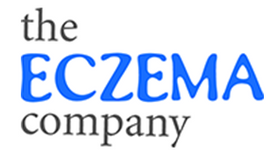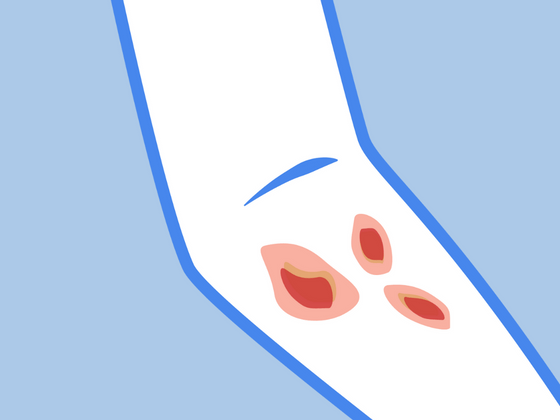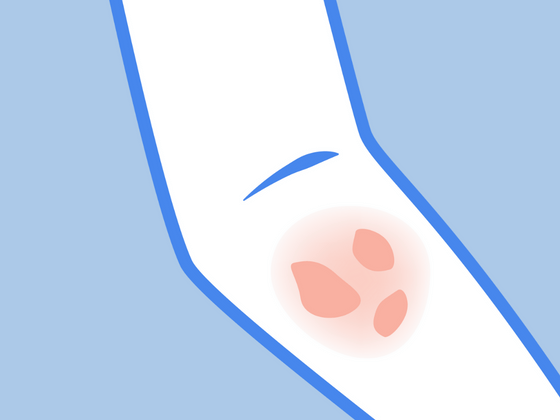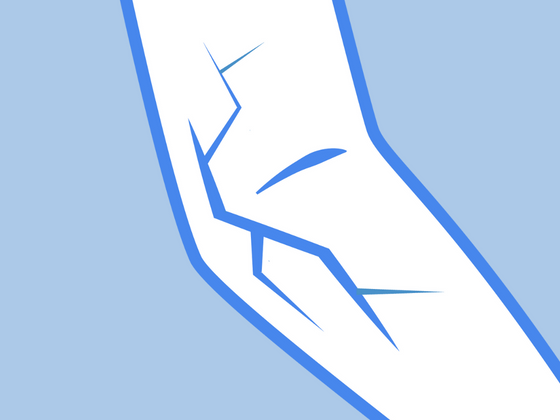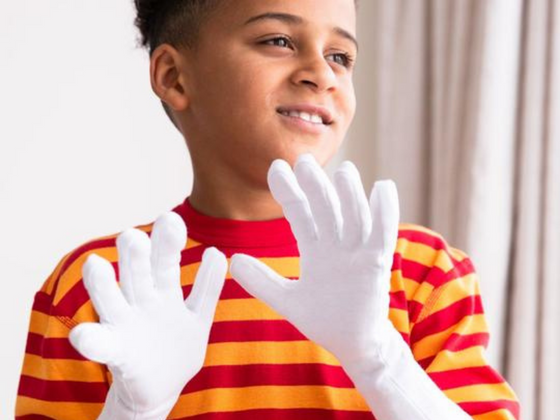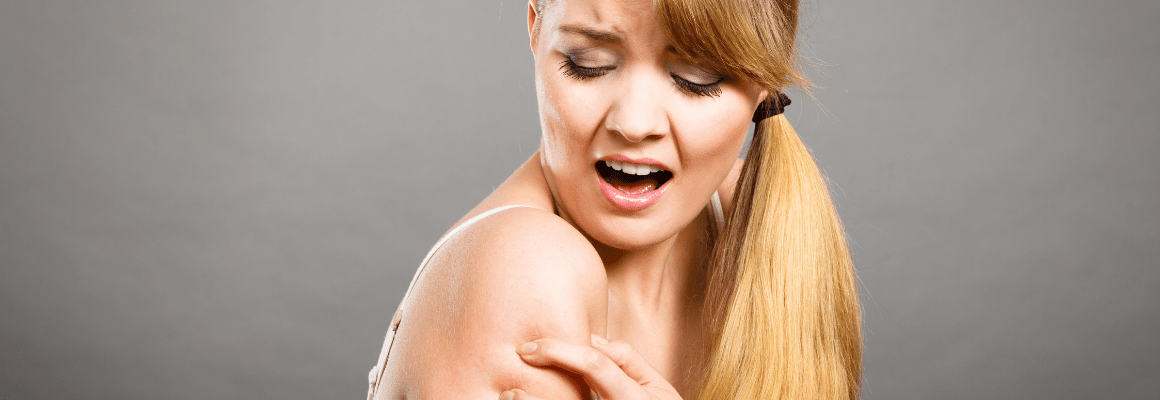Eczema is an inflammatory skin condition, affecting around 10% of the population. It’s characterized by a red rash, itchiness, and dry or cracked skin or weepy skin. Sometimes, however, it can even be accompanied by eczema white spots. Keep reading to learn more about eczema white patches on skin and what you can do about it.
Please keep in mind that although what we discuss in this post can relieve eczema, we are in no way medical professionals. If you’re experiencing severe eczema symptoms like an infection, it is best to seek medical advice immediately.
What Causes Eczema?
There is actually no exact answer to this question but research suggests that eczema is linked to a combination of genetic and environmental factors. For example, those with a family history of the skin condition are more likely to develop it. Due to a damaged skin barrier, people with eczema have trouble retaining moisture. This is what leads to chronically dry skin which results in itchiness.
In addition, the damaged skin barrier heightens the skin’s sensitivity to irritants and allergens. Many triggers are common household objects. These include laundry detergent, soaps, makeup, and other beauty products. Other irritants can include cigarette smoke, fabrics like latex, polyester, nylon and wool, extreme weather conditions, stress, and even the food you eat.
Symptoms: Eczema White Bumps
As previously mentioned, symptoms of eczema include red, itchy rashes with raised bumps. While these patches can appear anywhere on the body, they commonly develop on the hands, scalp, backs of knees, and creases of elbows.
These rashes can also include eczema white bumps. Also known as pityriasis alba, this is when a patch of skin is lighter in pigment than the skin around it. It’s common in children who have allergies, asthma, or eczema. In general, these white patches on the skin are not a cause for concern. Children may outgrow these white patches in adulthood, or the patches will lessen on their own.
What To Do About Eczema White Patches on Skin
To lessen or reduce the appearance of eczema white spots, we recommend keeping the skin moisturized.
We love this Baby & Adult Soother. With the help of just three Chinese herbs in a base of olive oil and beeswax, it helps calm dry and itchy rashes. This natural treatment works great for babies and adults alike.
We also suggest you reduce shower times and use lukewarm water instead of hot. This is because prolonged exposure to water, particularly hot water, can dry out the skin. Aim for a shower between five and ten minutes, and limit your shower to no more than once a day (less is good too). When you are finished, gently pat dry your skin with a towel to avoid further aggravating symptoms.
Don’t forget to switch to natural soaps that are free from any harsh toxins or chemicals. This means avoiding products that contain fragrances, alcohol, antibacterial ingredients, preservatives, or harsh cleansers. These ingredients can further dry out the skin by stripping it of its natural, protective oils. They are also more likely to provoke irritation. We recommend this Grass Fed Tallow Soap. It’s made with just lye, water and grass fed tallow, making it an excellent choice for those with sensitive skin, allergy prone skin, and eczema. Extremely moisturizing, it’s a great addition to your paleo skincare routine.
Last but not least, do your best to avoid scratching. We know that this is easier said than done which is why we encourage you to wear this protective Remedywear™ Long Sleeve Shirt for adults and kids. Made with super soft TENCEL and embedded with anti-inflammatory zinc, the shirt helps protect the skin from scratching while soothing symptoms. Its lightweight fabric makes it easy to wear underneath regular clothes during the day. You can also wear it alone as pajamas. It truly fits like a second skin!
References:
https://www.healthline.com/health/skin-disorders/white-spots-on-skin
https://www.healthline.com/health/skin-disorders/hypopigmentation
https://www.nhs.uk/conditions/atopic-eczema/symptoms/
------------------

Bio: Laura is a contributor and content developer for The Eczema Company. She is in no way a medical professional. Her comments, suggestions, and reflections are not intended to replace any medical advice. Always seek the help of a medical professional before undertaking any diet or lifestyle changes.
